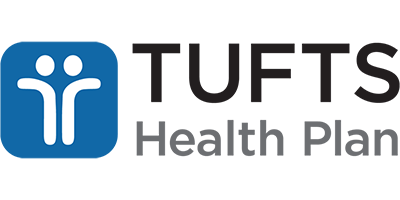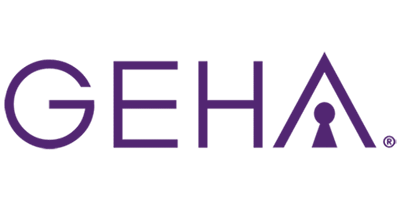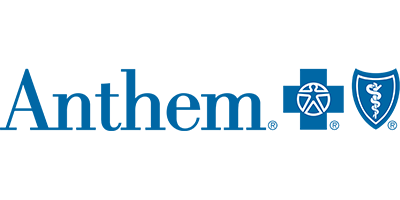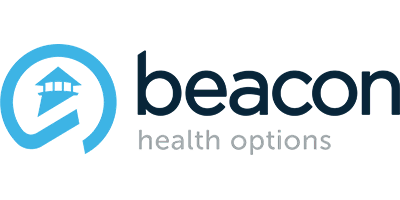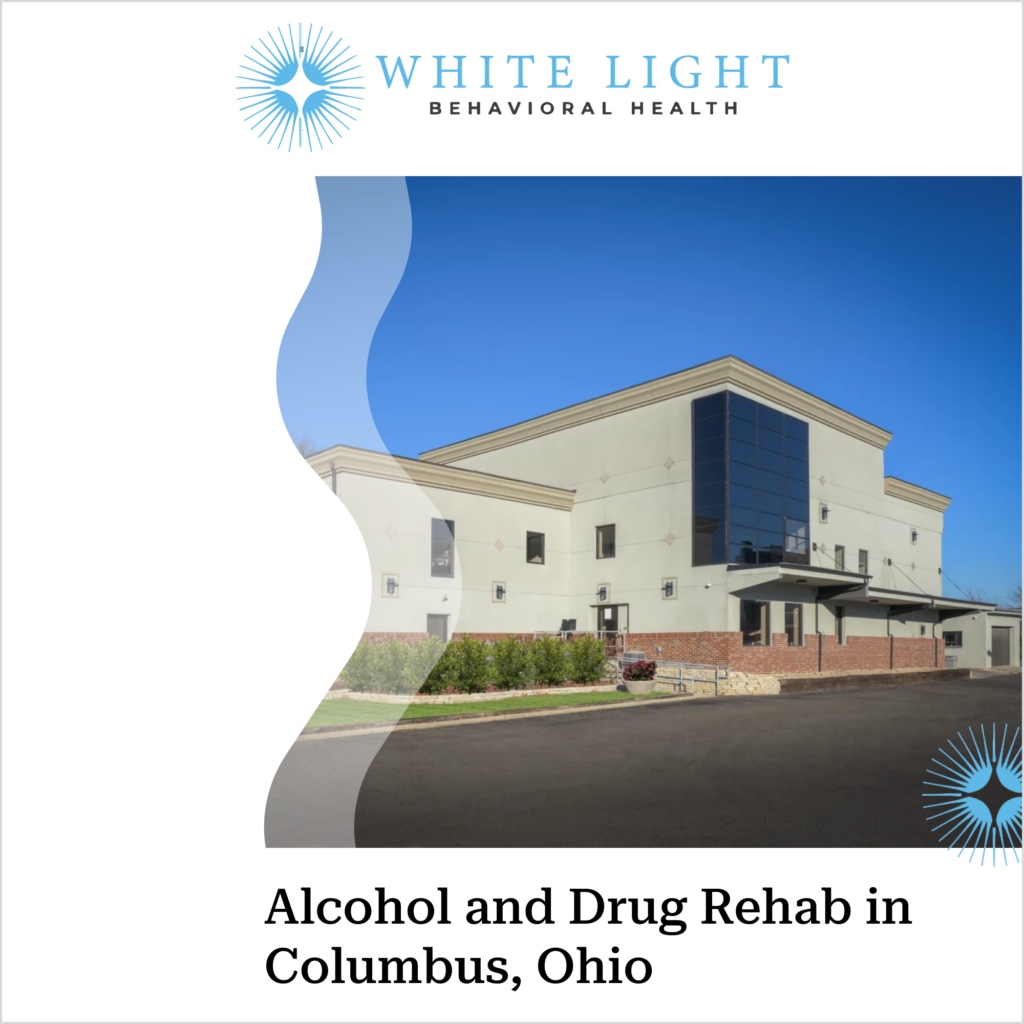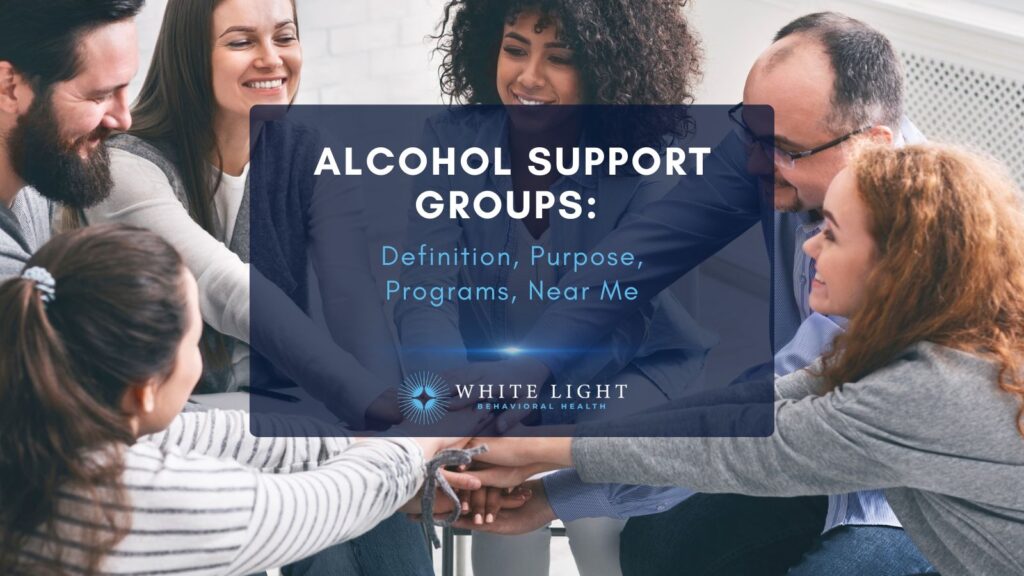Gabapentin Addiction: Signs, Causes, Effects, and Treatment

Gabapentin addiction manifests through various behavioral, physical, and psychological signs. Individuals addicted to gabapentin engage in behaviors such as doctor shopping to obtain multiple prescriptions, lying about symptoms to justify higher doses, and combining gabapentin with other substances for enhanced effects.
Physically, addiction is evidenced by extreme drowsiness, coordination problems, tremors, memory loss, speech issues, and frequent dizziness. Psychological signs include mood swings, increased anxiety or depression, and thoughts of self-harm.
Several factors contribute to the development of gabapentin addiction. Easy accessibility due to its non-controlled status allows individuals to obtain prescriptions more readily, contributing to its misuse. Polydrug use, particularly with opioids, is another significant factor, as gabapentin is often used to potentiate the effects of other substances or manage withdrawal symptoms effectively.
The effects of gabapentin addiction are profound and detrimental, both in the short and long term. Short-term effects include euphoria, relaxation, increased sociability, drowsiness, and dizziness.
Dependence on the drug leads to compulsive use despite negative consequences, ultimately resulting in addiction. Long-term effects include persistent mental health issues like anxiety and depression, physical health problems such as nervous system damage, and an increased risk of overdose.
Treatment options for gabapentin addiction focus on addressing both the physical and psychological aspects of addiction. Medical detoxification under supervision helps manage withdrawal symptoms safely.
Inpatient rehabilitation programs provide intensive therapy, medical monitoring, and a structured environment conducive to recovery. Outpatient programs offer flexibility while providing essential counseling and support.
Continuing care through aftercare programs and support groups helps individuals maintain sobriety and address underlying issues contributing to addiction.
More Resources on Addiction:
How does Gabapentin Addiction develop?
Gabapentin addiction develops due to the following:
- The calming and euphoric effects it produces are similar to those of marijuana.
- The enhancement of effects when combined with other substances, such as opioids and benzodiazepines.
- The ease of obtaining the drug leads to recreational use and subsequent addiction.
Gabapentin addiction develops scientifically due to its interaction with the brain’s neurotransmitter systems, particularly gamma-aminobutyric acid (GABA), as discussed by Bonnet U et al. 2017, “How addictive are gabapentin and pregabalin? A systematic review,” GABA is a key neurotransmitter that inhibits nerve activity in the brain, promoting relaxation and reducing anxiety. Gabapentin enhances GABA activity, which induces a calming effect, making it appealing for those seeking relief from anxiety or sleep disturbances.
Gabapentin affects calcium channels in nerve cells, which is thought to contribute to its anti-seizure and pain-relieving properties. Altering these channels also leads to changes in brain function that underlie addiction. The reinforcing effects of gabapentin, such as feelings of relaxation or euphoria, further perpetuate its misuse and the development of addiction.
Did you know most health insurance plans cover substance use disorder treatment? Check your coverage online now.
What are the Signs of Gabapentin Addiction?
The signs of Gabapentin addiction are highlighted below:
Behavioral Signs
Behavioral signs include changes in behavior related to gabapentin use, such as doctor shopping and preoccupation with obtaining the drug.
- Doctor Shopping: Seeking prescriptions from multiple doctors to obtain extra gabapentin.
- Lying About Symptoms: Exaggerating or fabricating symptoms to justify increased gabapentin doses.
- Social Changes: Withdrawal from usual social activities and neglect of personal appearance.
- Preoccupation: Spending excessive time and effort to obtain and use gabapentin.
- Combining with Other Substances: Using gabapentin alongside alcohol or other drugs to enhance effects.
Physical Signs
Physical signs of Gabapentin include observable changes in the body, such as:
- Extreme Drowsiness: Persistent sleepiness and fatigue.
- Coordination Problems: Difficulty with motor skills and frequent clumsiness.
- Tremors: Involuntary muscle tremors or spasms.
- Memory Loss: Forgetfulness and difficulty recalling information.
- Speech Issues: Slurred speech or difficulty speaking clearly.
- Dizziness: Episodes of lightheadedness or feeling unsteady.
Psychological Signs
Emotional and mental indicators of Gabapentin include:
- Mood Swings: Rapid and unpredictable changes in emotional state.
- Anxiety and Depression: Increased feelings of anxiety or persistent sadness.
- Suicidal Thoughts: Thoughts of self-harm or suicide.
These signs collectively indicate the potential development of gabapentin addiction and should prompt further assessment by healthcare professionals. Early recognition facilitates appropriate intervention and support for individuals struggling with substance use disorders involving gabapentin.
What are the Causes of Gabapentin Addiction?
The causes of Gabapentin addiction stem from several underlying factors, each contributing to the misuse of this medication. According to Hägg, S., Jönsson, A.K. & Ahlner, J. et al. 2020, “Current Evidence on Abuse and Misuse of gabapentinoids,” the causes highlight the complex interplay of accessibility, concurrent substance use, and psychological vulnerabilities in the development of gabapentin abuse and addiction. Recognizing these factors is essential for implementing effective prevention and treatment strategies.
Contact us today to schedule an initial assessment or to learn more about our services. Whether you are seeking intensive outpatient care or simply need guidance on your mental health journey, we are here to help.
Easy Accessibility
Gabapentin’s classification as a non-controlled substance makes it relatively easy to obtain through prescriptions, contributing to its widespread availability and potential for misuse. This accessibility lowers barriers for individuals seeking to get the drug outside of legitimate medical purposes.
Polydrug Use
Many individuals who abuse gabapentin often do so in conjunction with other substances, particularly opioids. This practice is driven by the desire to enhance the effects of opioids or to manage withdrawal symptoms more effectively. Gabapentin’s ability to potentiate the effects of other drugs makes it attractive to those already engaged in polydrug abuse.
Psychological Factors
Underlying mental health conditions, such as anxiety, depression, or other mood disorders, play a significant role in gabapentin misuse. People experiencing these conditions misuse gabapentin as a form of self-medication to alleviate their symptoms. This misuse quickly escalates to addiction as individuals rely on the drug to cope with psychological distress.
What are the Effects of Gabapentin Addiction?
The effects of Gabapentin addiction are given below:
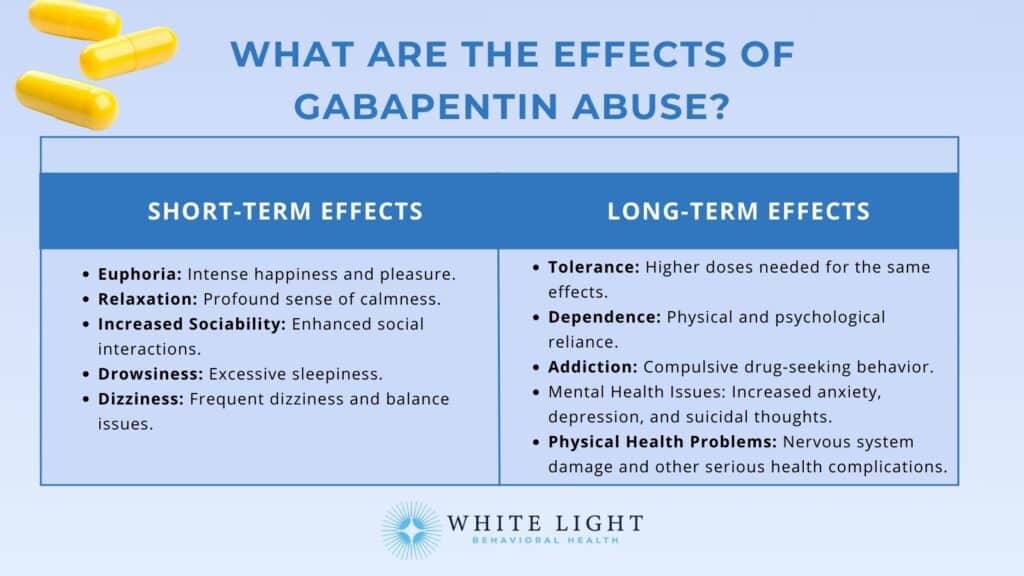
Short-Term Effects
The short-term effects of Gabapentin addiction include:
- Euphoria: Individuals experience intense feelings of happiness and pleasure, contributing to the drug’s appeal among abusers seeking a high.
- Relaxation: Gabapentin induces a profound sense of calmness and tranquility, which is sought after by those looking to alleviate stress or anxiety.
- Increased Sociability: Some users feel more friendly and outgoing, enhancing their social interactions.
- Drowsiness: One of the common side effects of gabapentin abuse is excessive sleepiness and lethargy, impairing cognitive and physical functions.
- Dizziness: Users frequently experience dizziness and balance issues, which increase the risk of accidents or injuries.
Rediscover Life at White Light Behavioral Health
Get the compassionate support you deserve. We're here to help you reclaim joy, wellness, and a brighter future.
Our Facility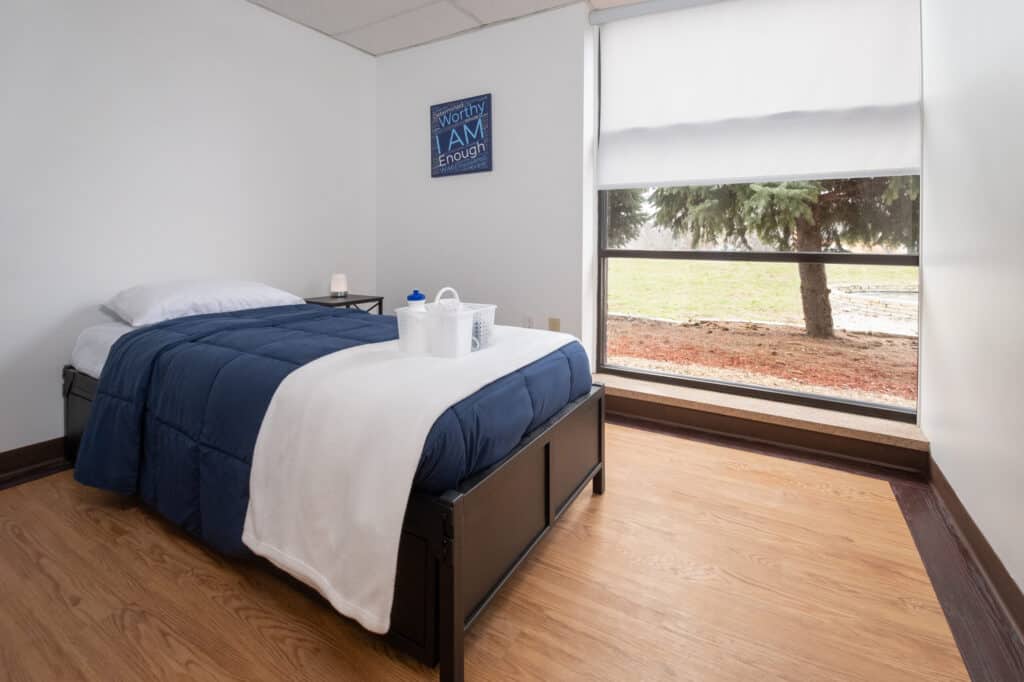
Long-Term Effects
The long-term effects of Gabapentin addiction include:
- Tolerance: Over time, individuals develop tolerance to gabapentin, necessitating higher doses to achieve the desired effects, which leads to escalated abuse.
- Dependence: Continued use of gabapentin results in physical and psychological dependence, where the body requires the drug to function normally.
- Addiction: Persistent abuse progresses to addiction, characterized by compulsive drug-seeking behavior despite adverse consequences to health, relationships, or finances.
- Mental Health Issues: Long-term abuse is associated with an increased risk of developing or exacerbating mental health disorders such as anxiety, depression, and suicidal thoughts.
- Physical Health Problems: Prolonged misuse of gabapentin potentially leads to damage to the nervous system and other serious health complications, underscoring the dangers of sustained abuse.
What are the Treatment Options for Gabapentin Addiction?
The treatment options for Gabapentin addiction are explained below:

Medical Detox
Medical detox is the first step in treating gabapentin addiction. This process involves gradually tapering off the drug under medical supervision to minimize withdrawal symptoms, which include:
- Insomnia
- Nausea
- Pain
- Sweating
- Flulike symptoms
- Anxiety
- Mood swings
- Suicidal thoughts
Inpatient Rehab
Inpatient rehab provides a structured and supportive environment for individuals recovering from gabapentin addiction. Key components of inpatient rehab include:
- Medical Supervision: Around-the-clock medical care and support.
- Behavioral Therapy: Individual and group therapy sessions to address underlying issues.
- Relapse Prevention: Strategies and skills to prevent relapse.
- Holistic Treatments: Alternative therapies include art therapy, music therapy, and recreational activities.
Outpatient Rehab
Outpatient rehab offers flexibility for individuals who must balance treatment with daily responsibilities. Components of outpatient rehab include:
- Regular Group Meetings: Scheduled group sessions facilitated by addiction professionals.
- Individual Counseling: One-on-one therapy sessions.
- Behavioral Therapy: Techniques such as cognitive-behavioral therapy (CBT) to address addiction.
Are you covered for treatment?
White Light Behavioral Health is an approved provider for Blue Cross Blue Shield and TUFTS, while also accepting many other major insurance carriers.
Check Coverage Now!Continuing Care
Continuing care programs are essential for maintaining sobriety after rehab. These programs include:
- Sober Living Homes: Transitional housing with structured support and regular drug testing.
- Aftercare Programs: Weekly group sessions for ongoing support and accountability.
What are the withdrawal symptoms of gabapentin addiction?
The Withdrawal symptoms of gabapentin addiction are insomnia, nausea, sweating, anxiety, and mood swings. These symptoms vary in severity depending on the duration and dosage of gabapentin use. It’s important to undergo withdrawal under medical supervision to manage these symptoms safely.
What should I do if I suspect a loved one is addicted to gabapentin?
If you suspect someone is struggling with gabapentin addiction, encourage them to seek help from a healthcare provider or addiction specialist. Offer support and understanding, as addiction is a complex issue. Be patient and encourage them to consider treatment options that address their needs and challenges.
Are there support groups or resources specifically for gabapentin addiction?
Yes, there are various resources available for individuals dealing with gabapentin addiction. Support groups, both online and in-person, provide a platform for sharing experiences and receiving guidance from others facing similar challenges. Addiction treatment centers also offer specialized programs to address prescription drug abuse, including gabapentin.
Share This Post

